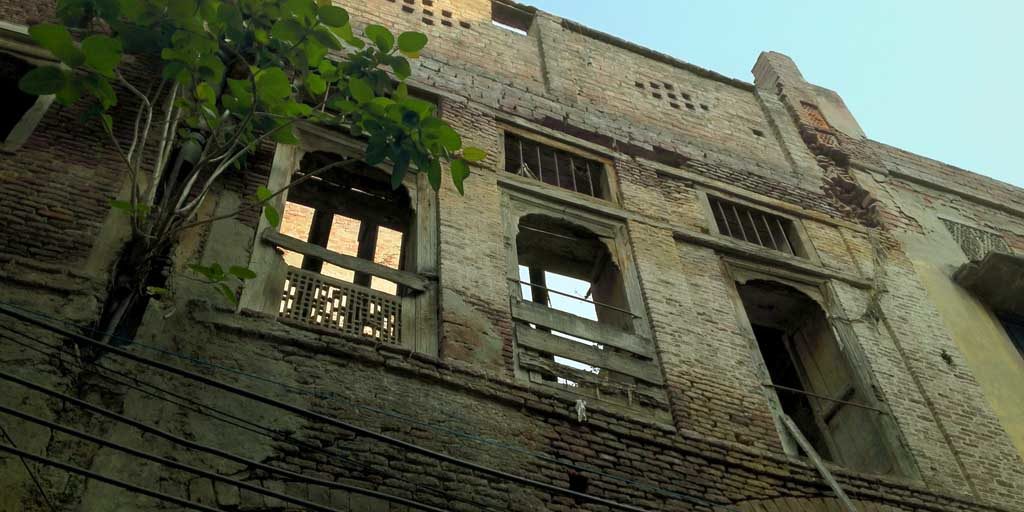Silk Road Centre’s Heritage Protection program is grounded in the vision of conserving cultural heritage for social and economic development of Pakistan and the Silk Road region. The Centre draws its inspiration from the historical Silk Road, which throughout its existence brought diverse cultures together for mutual benefit.
Endowed with rich cultural and natural heritage, Pakistan is an important country of the Silk Road. The country has hundreds of historical and architectural sites that stand as an imposing witness to the antiquity of Pakistani culture. Alongside Muslim civilization, the world’s great faiths such as Buddhism, Christianity, Hinduism, Sikhism and Zoroastrianism have all had an enormous impact on the evolution of Pakistani society and culture. Besides, this majestic country abounds with the treasures of nature including fertile plains, deserts, plateaus, high mountain peaks, glaciers, rivers, sea and rare flora and fauna.
The Heritage Protection program is designed to support the government, heritage organizations and national and international institutions to preserve the cultural heritage of Pakistan and the historic Silk Road. The Centre works to protect and promote both tangible heritage such as ancient sites and historic structures as well as intangible cultural assets such as language, beliefs, rituals, traditions, music, dance, folktales and arts. Our current activities under this key component include:
Revitalization of Endangered Pakistani Languages
Pakistan is home to over 70 indigenous languages, which makes the Pakistani society a beautiful blend and a tapestry of many cultures. The socio-economic development processes and growing influence of dominant languages and cultures are seriously impacting many of the country’s languages. There are about a dozen Pakistani languages that are currently at various levels of endangerment. The Silk Road Centre is working to preserve and revitalize minority and endangered languages by engaging local communities.
Currently, the Centre is working with the small speech community in Mominabad, a village in in Pakistan’s Hunza valley to revive their ancient Dawoodi language. They have gradually stopped using their own language in private and public domains because of stigma attached to it.
Heritage At Risk Program (HARP)
HARP is Pakistan’s first citizen-led initiative designed by the Silk Road Centre to document and develop an interactive databank of cultural heritage under imminent threat of decay and destruction. HARP provides access to information on cultural heritage affected by natural, environmental and or human-induced threats. Its activities are designed to create public awareness and call for attention and support to rescue heritage at risk.
Creation of Museums
Under this key program component, the Silk Road Centre engages in dialogue with the government bodies, public representatives, and donor agencies to mobilize support to establish museums in areas of the country that are deprived of museums to house their cultural objects and treasures from the past. These museums will not only preserve and exhibit the treasures but will also become a hub for heritage education and research.

